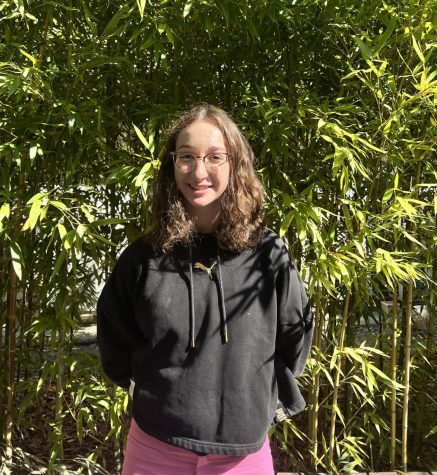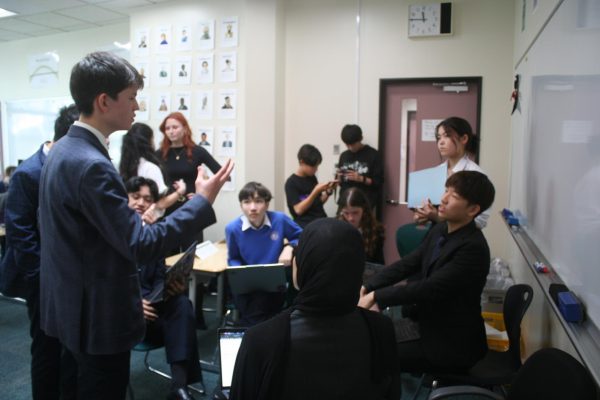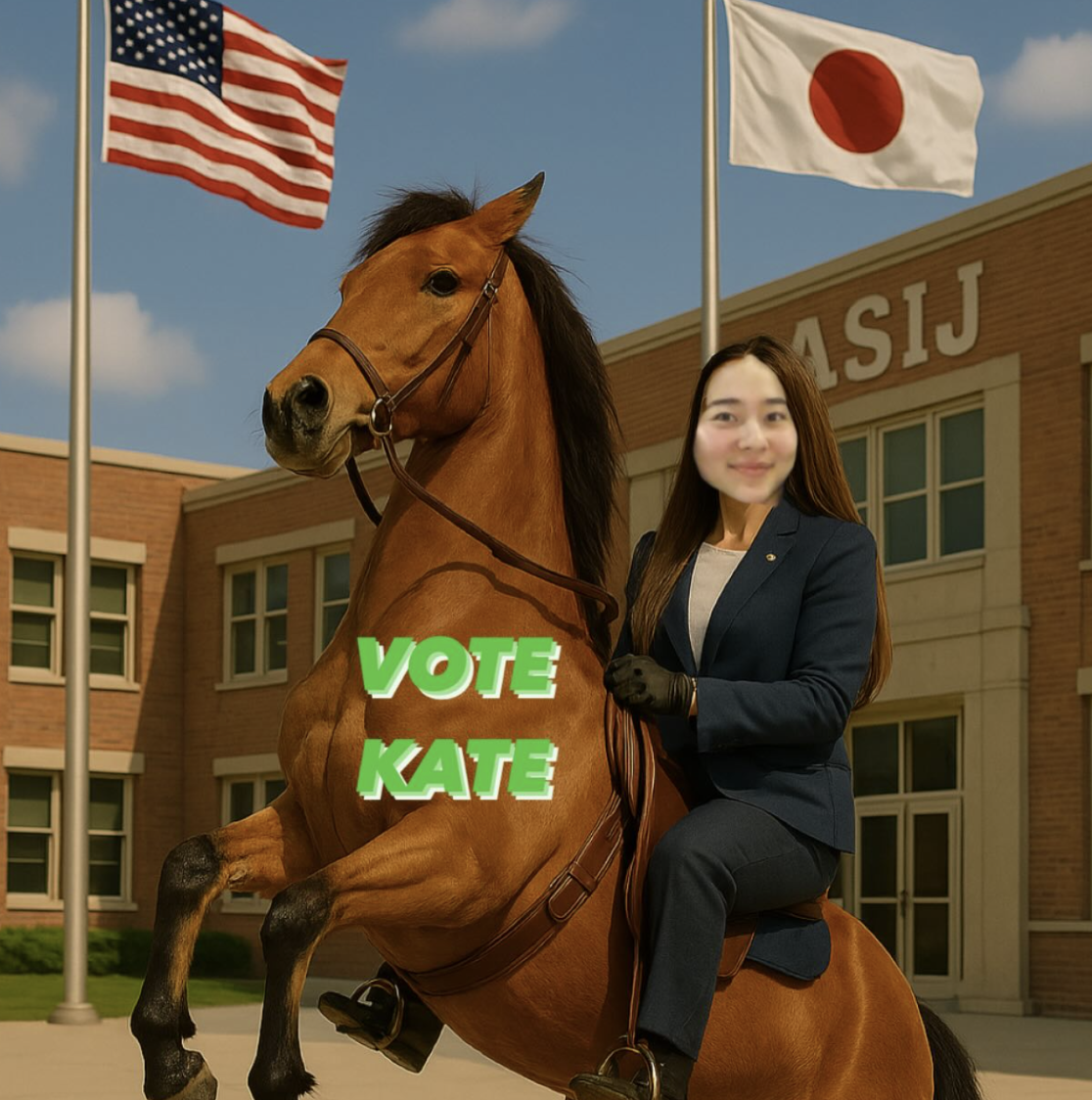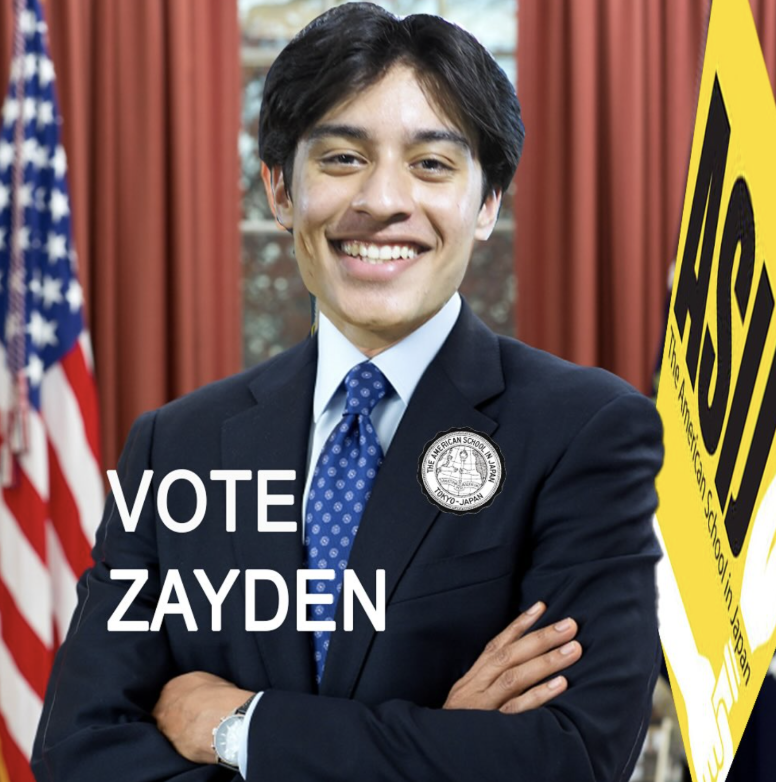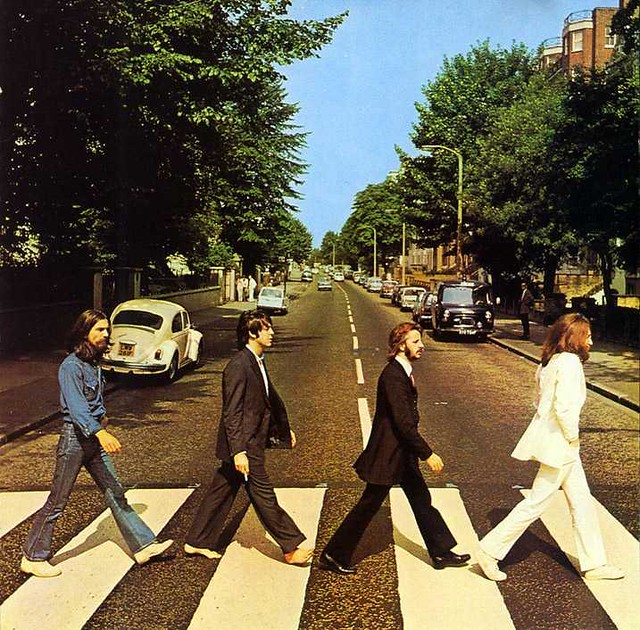Audre Lorde and Intersectional Feminism
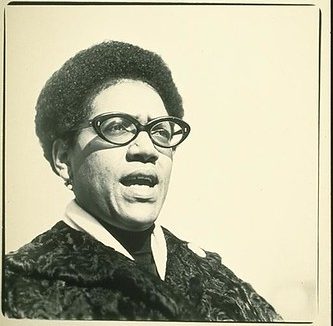
“Audre Lorde” by jumpfightgo is licensed under CC BY-NC-ND 2.0.
February 20, 2023
The term “intersectionality” has become more commonly used in recent years, but it has been around for decades. It is a feminist concept that relates to the “intersection,” or overlap, between gender, race, class, sexual orientation, religion, and other factors. One of the main ideas behind this concept is that women of different backgrounds experience life differently. For example, a Black woman experiences sexism and racism in a way a White woman doesn’t. Transgender women have different experiences than cisgender women, and the same with Jewish women and Christian women. Intersectionality distills the notion that people’s experiences are complex and cannot simply be defined by one issue. Many feminist thinkers and scholars have discussed or faced the crossroad of intersectionality, including Sojourner Truth, Roxanne Gay, bell hooks, and many feminist theorists and leaders. One influential pioneer of this idea in the twentieth century was Audre Lorde.
The first thing most articles mention when they write about Audre Lorde is how she introduced herself as a “Black, lesbian, mother, warrior, poet.” This powerful proclamation of identity became what Lorde was known for over the years. She wrote about the struggles of Black women in poems that were fierce flames from first-hand experience. She wrote about the truth for those underrepresented in the world. From poems to essays, Lorde never shied away from discussing her identity, because each word she described was a unique part of her. Not one of those words—not just “woman,” not just “lesbian,” not just “Black”—could fully describe her experiences, and she owned that fact that she was all of these phrases and words combined.
Lorde further conveyed her powerful words by creating organizations to support Black women all over the world. She created the Sisterhood in Support of Sisters in South Africa, a support group for women in South Africa affected by apartheid. In 1981, Lorde, along with Cherrie Moraga and Barbara Smith, founded Kitchen Table: Women of Color Press to give voices to underrepresented women. Her involvement in the Civil Rights Movement, Women’s Movement, and LGBTQ+ Movement made her a leader in many different communities.
Sadly, in 1977, Lorde was diagnosed with breast cancer; however, this did not stop her from voicing her opinions and sharing her thoughts on the healthcare system. She discussed how most of the support given to breast cancer patients is directed towards white heterosexual women, and more support needed to be given to patients that were women of color. Unfortunately, although for fifteen years it appeared that Lorde had survived cancer, the cancer returned and Lorde died in 1992.
Audre Lorde was the daughter of immigrants, a feminist, a Black woman, a lesbian, a mother, a writer, and an inspiration. Her ideas about embracing differences and incorporating them into many social movements have greatly impacted feminism today, and they have given birth to a new movement of intersectionality. Her poems on everything from police violence to personal identity are still very much applicable to this time period as much as they were then. A beautiful summary of her impact are her own words: “In our work and in our living, we must recognize that difference is a reason for celebration and growth, rather than a reason for destruction.”

